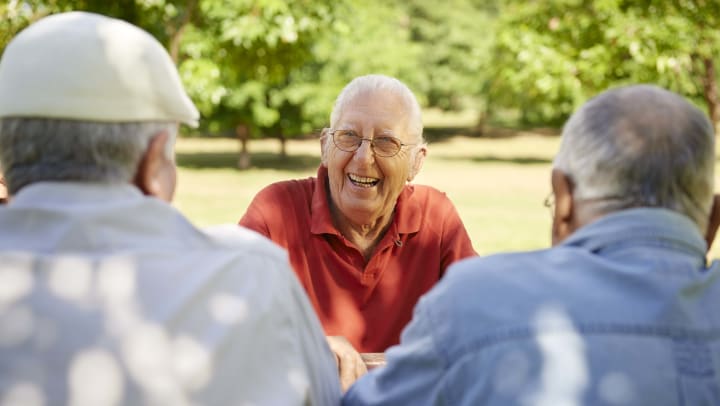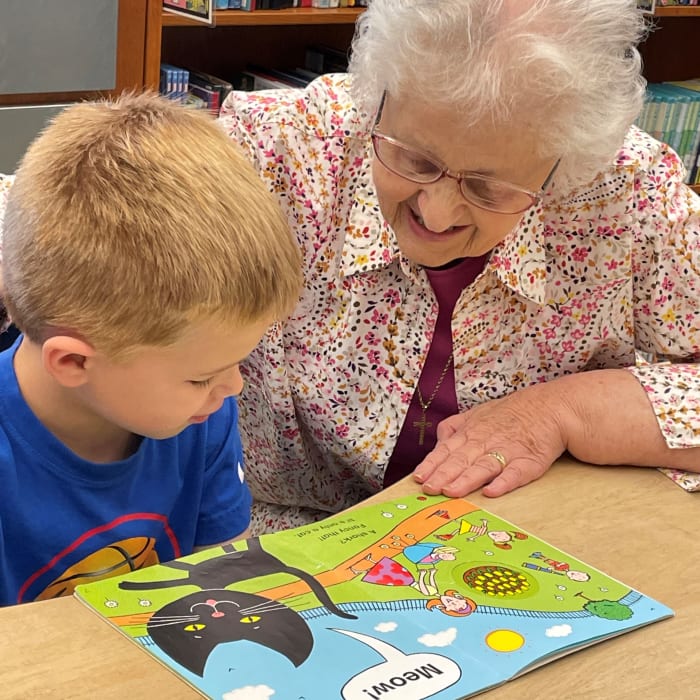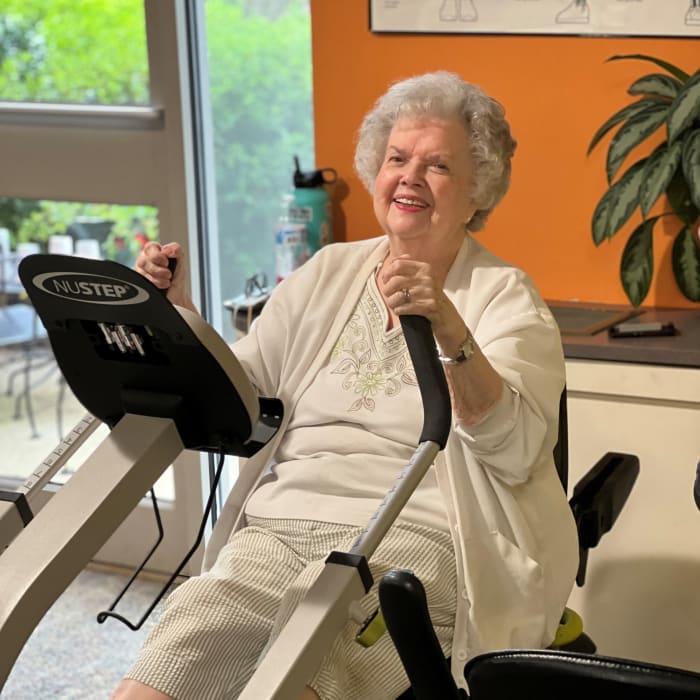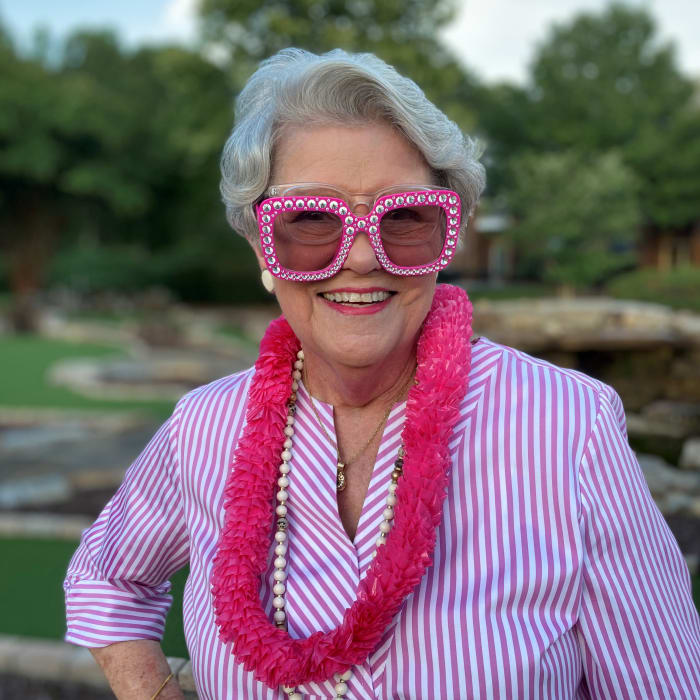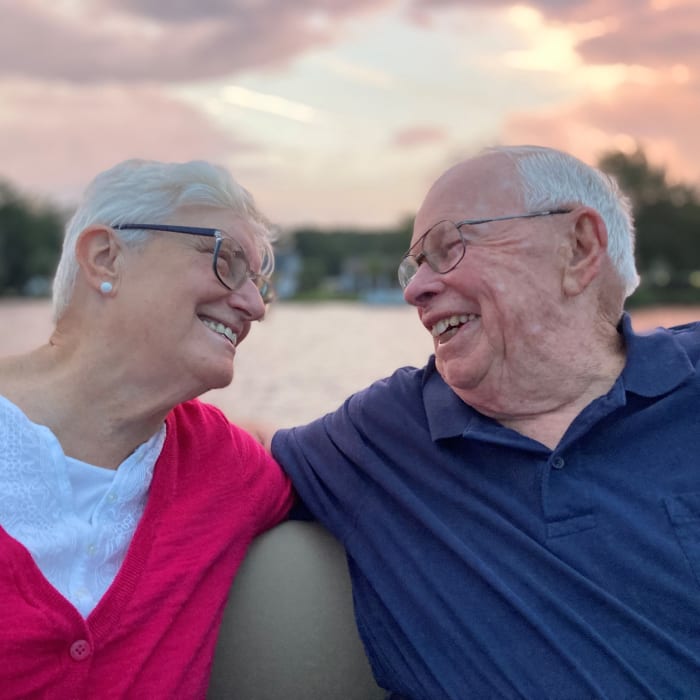Get your memory in shape — at any age!
Without proper food and exercise, our bodies can start to fall apart. The same is true for our memory. Unless you make an effort to exercise your mind and give it the fuel it needs to thrive, you could develop memory loss. Fortunately, even if you already consider yourself forgetful, you still might be able to give your brain a boost. Try following these tips to maximize your memory.
Give your mind a workout. Engaging your brain with certain types of activities is proven to stimulate the brain and memory. Try playing a card game, taking a new route home or learning a new language — these are all activities with proven benefits for memory. Other activities can keep your brain active in everyday situations. For example, you could mentally calculate how much money you’re saving in a sale instead of using a calculator. Even the simple act of reading a book can stimulate your mind.
Eat with your memory in mind. A number of scientific studies suggest that eating certain foods can protect the mind from age-related decline. For example, the flavonoids found in berries and dark chocolate may help with the brain’s spatial memory. Omega-3 fatty acids found in fatty fish and walnuts can help lower blood levels of beta-amyloid, a protein associated with Alzheimer’s disease. Caffeine from coffee or tea may aid the development of new memories. And some nutrients in leafy greens may help slow cognitive decline, such as vitamin K, lutein, folate and beta carotene. Try eating greens such as kale, spinach and broccoli.
Exercise regularly. Your whole body benefits from physical exercise, including your brain. Physical exercise in general can help your brain maintain old neural connections and make new ones. Aerobic exercise, such as brisk walking, swimming and dancing, has been linked to improved memory in people with early Alzheimer’s disease. Regularly practicing tai chi, a form of low-impact exercise with slow movements and deep breathing, has been found to reduce stress, enhance sleep quality and improve memory.
Stay social. Interacting with others can help lessen depression and stress, both of which can cause a decline in memory. Social interaction is also frequently paired with activities that are mentally engaging, physically engaging or both — think spirited conversations and pickup sports games. On the flip side, being alone has been linked to brain atrophy. So, if meeting people in-person is unrealistic, try reaching out with a phone call, video call or text.
Get quality sleep. Getting a full night of continuous sleep helps the brain create and store long-term memories — aim for about seven to nine hours. Waking up throughout the night or not sleeping for long enough can impair the brain’s ability to create memories. If a medication or condition prevents you from sleeping through the night, consult your doctor about your options.
Fostering physical and mental health
At Presbyterian Communities of South Carolina, we encourage a community of health and wellness in all aspects of life. We offer activities and features that make it easy to eat well, sleep well, connect with others and exercise the mind. To learn more about our amenities, please visit www.prescommunities.org,


